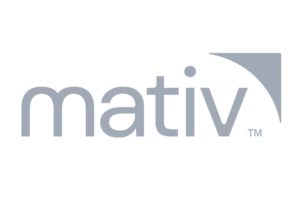 Mativ Holdings today announced the completion of the merger of equals between Schweitzer-Mauduit International (SWM) and Neenah, two leading global manufacturers of specialty materials, effective July 6, 2022.
Mativ Holdings today announced the completion of the merger of equals between Schweitzer-Mauduit International (SWM) and Neenah, two leading global manufacturers of specialty materials, effective July 6, 2022.
Mativ has approximately $3 billion in sales, supporting customers in more than 100 countries, and manufacturing capabilities on four continents. Beginning Wednesday, July 6, 2022, the company will commence trading on the New York Stock Exchange, under the new ticker symbol MATV.
“I am extremely excited and proud to mark this important milestone in the journey of our two companies with the formation of Mativ, said Julie Schertell, president and CEO of Mativ, in a statement.
“This merger is a unique opportunity to boldly reimagine our future as a stronger and faster-growing global enterprise. As we come together, we see significant near and long-term value creation opportunities to accelerate growth and amplify margins. With compelling strategic touch-points in key market categories, complementary geographies and technologies, increased global scale, and a passionate workforce with deep roots in material science, we are ideally suited to help solve our customer’s most critical challenges, which is the foundation of our cultural, commercial and financial success.
“As we bring the best of these two organizations together, our priorities are centered around supporting our customers, accelerating our growth, delivering the $65 million, or more, of deal-enabled cost synergies, and driving margins and cash flows to support deleveraging and a strong dividend. We will also continue to execute our strategy, including investments in our fastest growing and most profitable business units and decisive actions to optimize our portfolio over time. Mativ has tremendous potential, and, as we celebrate this new beginning, I want to recognize the efforts of our outstanding employees who work tirelessly every day to push the limits of what is possible.”

This merger is a unique opportunity to boldly reimagine our future as a stronger and faster-growing global enterprise.
Julie Schertell, president and CEO, Mativ
“Today marks an exciting new chapter in the rich histories of both companies, forming a scaled global leader in specialty materials to drive value for customers, employees, stakeholders, and our shareholders,” said John Rogers, chairman of Mativ’s board of directors. “We will continue executing a well-defined strategy, maintain an attractive financial profile, and advance our corporate stewardship and governance efforts. Mativ is committed to providing attractive returns to shareholders while maintaining a prudent balance sheet and disciplined approach to capital allocation. We have assembled an exceptional, diverse, and experienced leadership team, and we look forward to working with Julie and her talented group of leaders to deliver on the promise of this transaction.”
Mativ will disclose financial results for two reporting segments: advanced technical materials (ATM) and fiber-based solutions (FBS). The ATM segment is comprised of five non-reporting business units: filtration, protective solutions, release liners, healthcare, and industrials. This segment generally represents the combination of SWM’s legacy advanced materials and structures and Neenah’s technical products reporting segments. ATM will deliver solutions that filter and purify air and liquids, support adhesive and protective applications, advance healing and wellness, and solve some of material science’s most demanding performance needs.
The FBS segment is comprised of two non-reporting business units: engineered papers and packaging and specialty paper—and represents SWM and Neenah’s respective legacy paper segments. FBS will leverage the combined company’s extensive natural fiber capabilities to provide specialty solutions for various end-uses, including sustainable packaging, imaging and communications, home and office, and consumer goods, among other applications.
For the second quarter of 2022, Mativ will report financial results for legacy SWM and select financial and business highlights from Neenah.

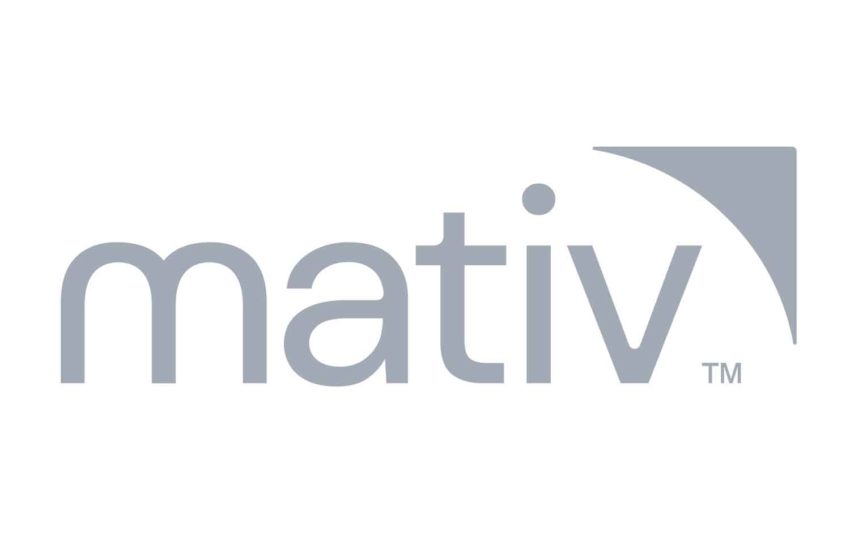










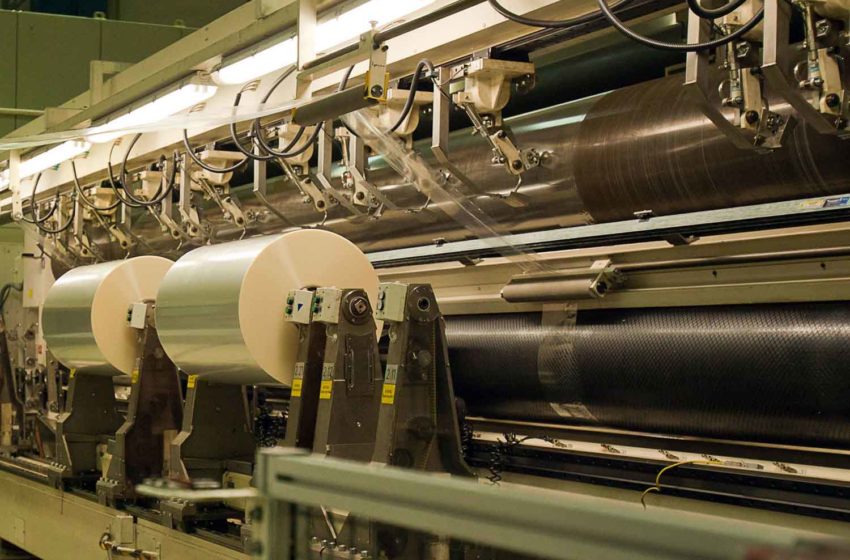
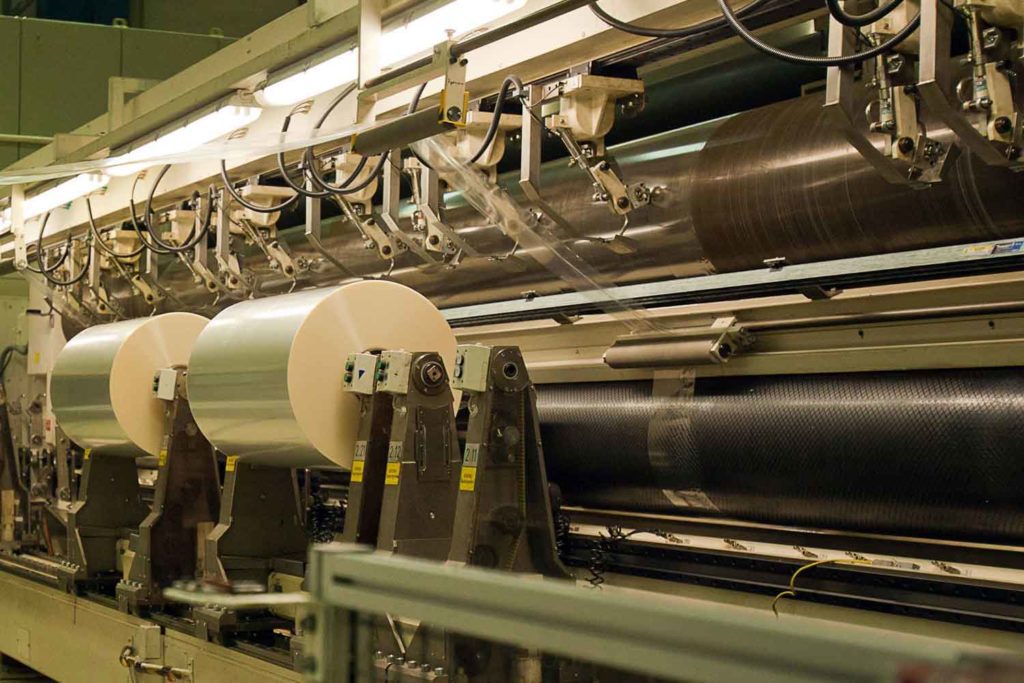

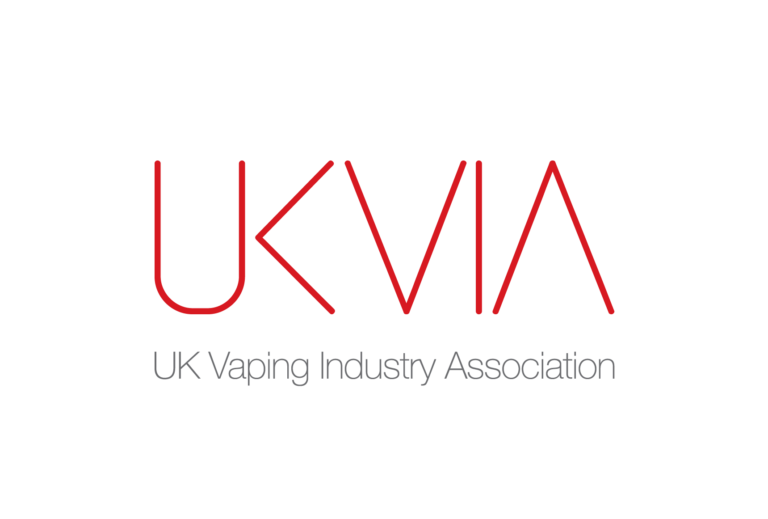
 The U.K. Vaping Industry Association (UKVIA) will organize
The U.K. Vaping Industry Association (UKVIA) will organize 
